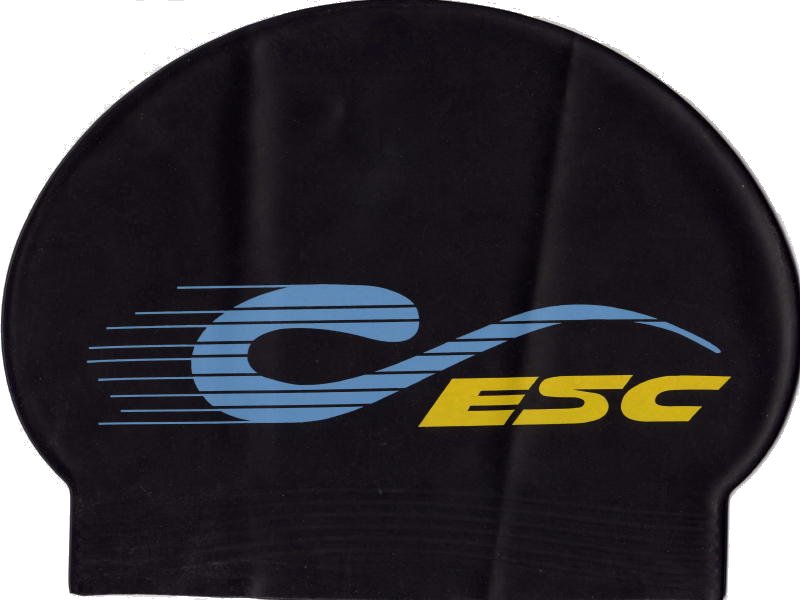
 |
Health Guidelines
It is important for swimmers and parents to understand how coaches and parents together can help in getting “our” swimmers to perform to the best of their current ability.
Guidelines on Practice
Swimmers improve during practice, not at the meet. The improvement is only revealed at the meet. This is similar to a student taking a test: the student does not learn on test day, they reveal what they have already learned on test day. Successful training consists of 3 things: muscle building, muscle memory and confidence building. All 3 of these things are accomplished at practice.
Conversely, practicing too often at this point of the season is also
counterproductive. The swimmer will become “too tired” as the body tries
to adjust to the new training schedule at exactly the wrong time of the
training cycle. The practice schedule for each training group is
designed to “test” the swimmer often enough for improvement. Stick to
your practices, as often as possible. Do not bring your swimmer to “new”
practices (other training groups), that only causes confusion to the
coach and the swimmer and the swimmer’s body.
Guidelines on Food
Swimmers need a healthy diet (throughout the training cycle) consisting of all the food groups, in acceptable proportions. Eating well is even more critical at the end of the season as the body and mind prepares for the upcoming performance.
Well-rounded meals will provide the swimmer with the proper energy to perform in practice (and thus, improve) and in the meets. Swimmers should avoid (again, throughout the training cycle) soda, caffeine and sweets. Swimmers should consume as much “good” fluids (water, Gatorade, etc) as possible on an hourly basis. A dehydrated swimmer is a slow swimmer. The correct eating process should start today (if it has not already begun).
Providing some food right after practice is an excellent habit for the swimmer (ie food for the ride home) to get into. Studies have shown that the sooner an athlete eats, the better the next day’s performance.
The theories of “carbo-loading” prior to a meet have never been proven (other than to help the swimmer “mentally” prepare for the meet thru a tried and true eating ritual) and actually may be physically detrimental. On the day before and the day of the meet, the swimmer should eat what they are most comfortable with (what has worked in the past).
On the day of the meet, swimmers should eat small portions of food & fluids before warm-up, after warm-up and after each race, if possible. “Power Bars” are a perfect snack at meets.
Guidelines on Sleep
Combined with food, sleep is critical in muscle building, muscle memory and confidence building. A good night’s rest before a performance is great; however, the proper amount of sleep for several weeks before the “big” performance will allow the swimmer to train at a higher intensity. The athlete will ask the body to draw on the energy stored & muscles developed thru their eating and sleeping habits. If the proper “stored” energy & muscle is present, the athlete will perform at a higher level at both practice and the meet. Enough sleep is obviously critical throughout the entire training cycle.